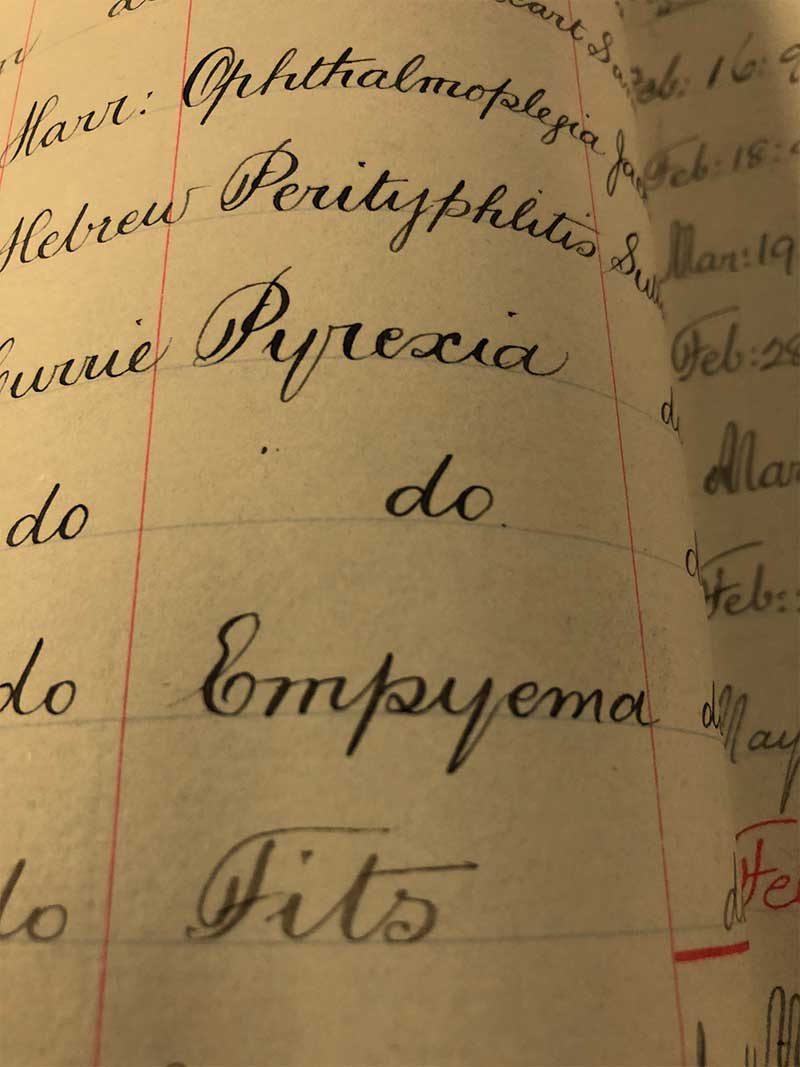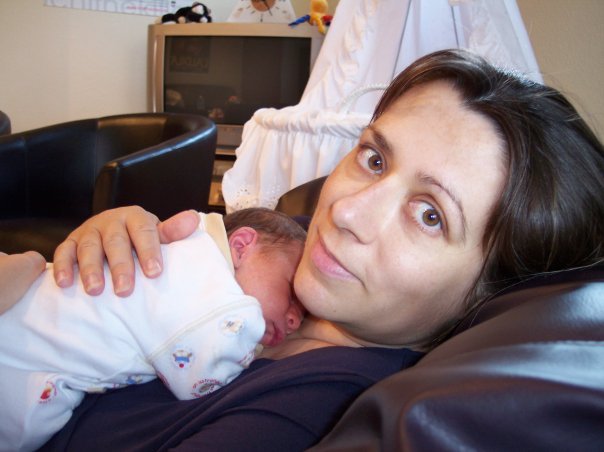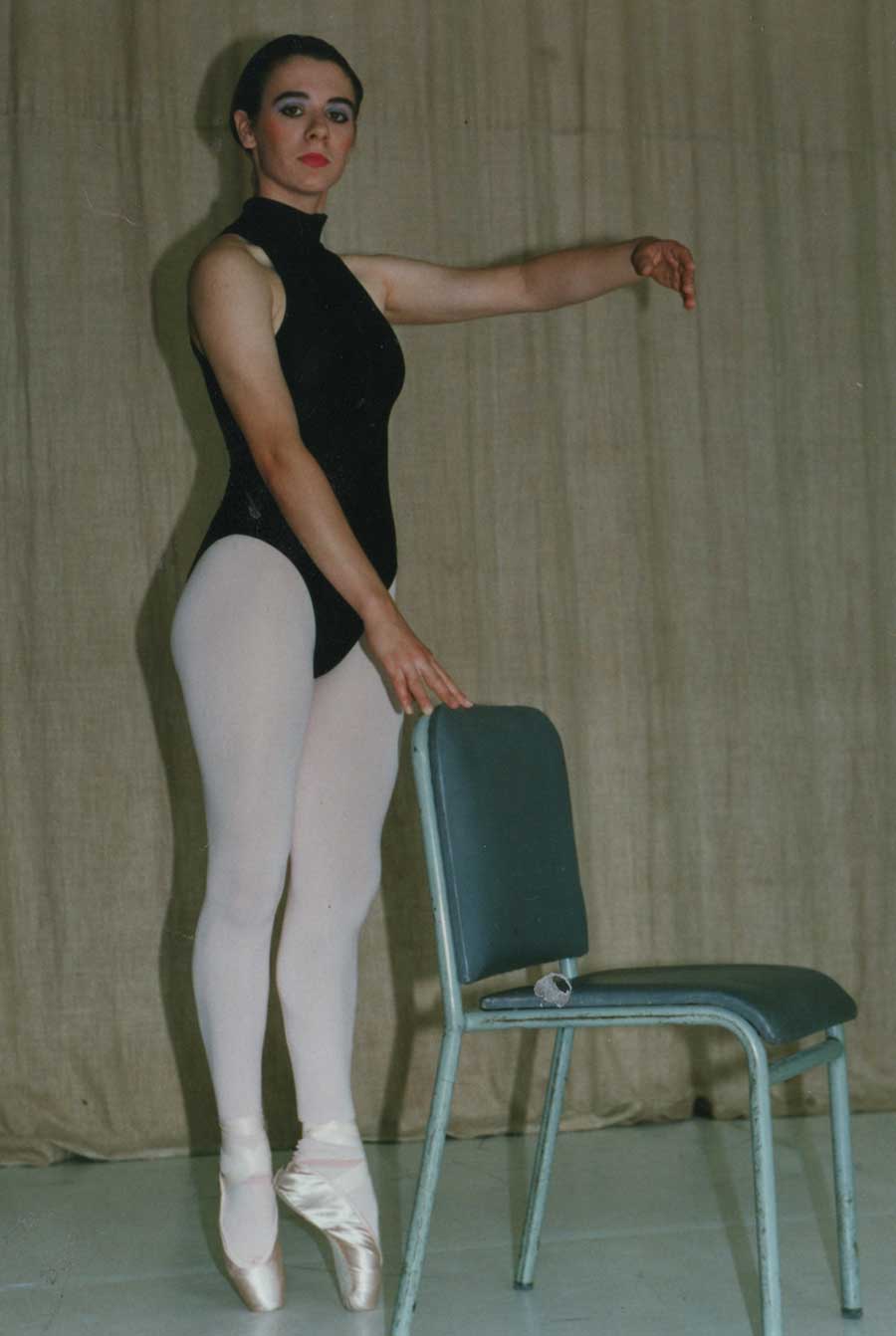About Marcelle

BIOGRAPHY
She was encouraged to write Night Driver by Maxim Jakubowski who published some of her stories in the Mammoth Book of Best Erotica series.
Another passion is dance; I began classes at the age of three and later did gymnastics. I did flic flac stunts in the film Chimera (1989) and played a dancing Satanist in the Brian Yuzna film Faust: Love of the Damned (2000). As someone who has trained intensively, I am conscious of how your body physically reacts under stress, and these feelings are often given a narrative voice in my fiction.
At school I volunteered to do interviews for the cult TV appreciation group Kaleidoscope. Later I moved to London and became part of a group of horror film journalists who revolutionized film studies to include directors such as Lucio Fulci and Jörg Buttgereit. Since 1992 I have written articles for magazines such as Redeemer, Fangoria, Shivers, Flesh and Blood, SamHain, Kamera, Rue Morgue, Nerve.com, The Erotic Review, The International Journal of Erotica, Gay Times, Foreplay, Film Maker magazine, The Dark Side and Videoworld. I have contributed to the books The BFI Companion to Horror, British Horror Cinema, Gothic Lifestyle, Cinema Macabre, Alternative Europe: Eurotrash & Exploitation Cinema since 1945 and Lost Girls: The Phantasmagorical Cinema of Jean Rollin.
In addition I wrote the non-fiction guides Incredible Orgasms, The User’s Guide to the Rabbit and Secrets of Porn Star Sex. Just in case you are wondering, sex and horror are intrinsically linked. They have an affinity in that they provoke almost the same emotions of fear, disgust and pleasure, they also fixate on a specific scene and encourage the viewer to engage with the spectacle (the point where someone is maimed/killed or reaches orgasm). Essentially they are expressions of primal emotion, just differently dressed.
I have an indefatigable interest in science and medical history, and these themes, together with my interest in the paranormal, feature in my next novels Servant of the Art and Hurt.
I live in Germany and am married with two children and two guinea pigs.
CURRENTLY WORKING ON
Enter new acquaintance, ballet dancer Esther, who introduces him to high society where séances are all the rage. When a healthy young woman apparently dies of fright at a séance, instinctively he knows something is wrong and is forced to confront both his psychic and medical skills to get to the truth. Meanwhile, injured dancer Ester uses the newly invented flying wire to create a dazzling new dance where spirit dancers literally fly out of a medium on stage. In a world of dazzling stage and fake mediums, who can Richard trust?



CONTROVERSIAL THEMES
To me being pregnant is a normal condition. Contrary to the popular belief that pregnant women should sit and put their feet up, in reality they have to go to work, look after older children and carry on doing all the things they were doing before. When I started writing Night Driver I’d had my second child and decided that my family was complete. Previously, though, I’d had three miscarriages and each pregnancy I was nervous before an ultrasound scan in case I’d find out bad news. Frannie’s stoic ability to carry on playing detective despite everything is probably a reflection of my own fatalistic attitude. The fact that I’d decided not to put myself through getting pregnant again made it easier to write about this aspect in an emotionally removed way.
Having a baby can be fraught — sleepless nights, problems getting the baby to feed and recovering from a difficult birth can provide an everyday ordeal for women, but they are not encouraged to voice this. In reality, whatever terrors a fictional character has to face before giving birth, it’s probably nothing compared to the everyday marathon of being a mom.
